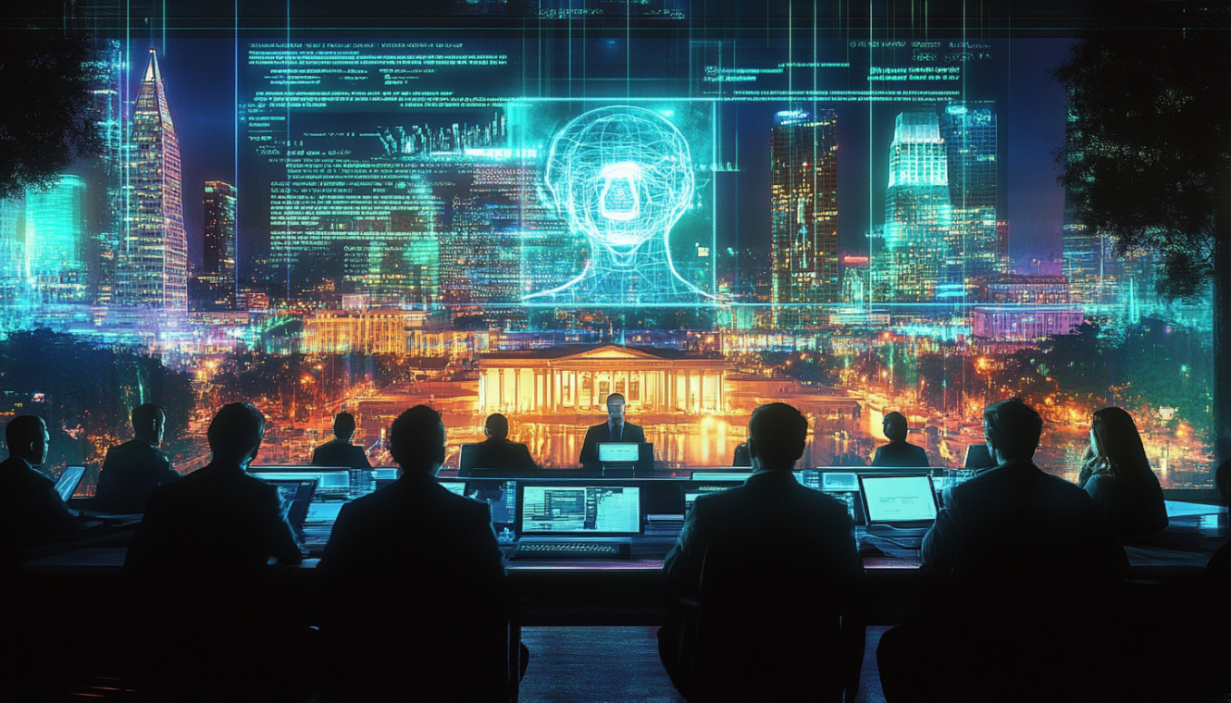The California AI Bill that Worries Silicon Valley
By Anthony Burr | TH3FUS3 Managing Editor
August 28, 2024 09:44 AM
Reading time: 2 minutes, 38 seconds
TL;DR California's Senate Bill 1047 aims to regulate AI development, sparking debate among tech leaders. Elon Musk supports it, while others like OpenAI and Andrew Ng oppose it. The bill could reshape the AI landscape if passed.

California Senate Bill 1047 Nears Approval
In California, a controversial bill to regulate how AI models are developed and trained is inching closer to becoming law. Many involved in the sector are not happy.
California Senate Bill 1047, currently being debated in the state's Senate, will require AI companies working on models that cost more than $100 million to build a robust safety framework into their models.
The tech industry, with many businesses based in Silicon Valley, has reportedly been debating the impact the bill will have on their work.
Requirements and Provisions of SB 1047
SB 1047 would require AI developers to include a kill switch, undertake an annual safety compliance audit, and not produce, use, or distribute a potentially dangerous model.
The bill's requirements continue beyond there. If it becomes law, AI developers must follow five critical rules to quickly shut down the model and create a written safety and security plan.
They must keep an unedited copy of this safety plan for as long as the model is available, plus an additional five years, and maintain records of any updates.
Starting January 1, 2026, developers would be required to hire an independent auditor annually to check compliance with the law and keep the full audit report for the same duration as the safety plan.
Developers must also provide the Attorney General access to the safety plan and the audit report if requested. Additionally, developers are prohibited from using or releasing a model for commercial or public use if it poses a significant risk of causing severe harm.
Support and Opposition
Elon Musk, whose Grok AI platform has recently been criticized for spreading disinformation, has endorsed the bill. "This is a tough call and will upset some people, but, all things considered, I think California should probably pass the SB 1047 AI safety bill," Musk said in a post to X on Monday.
The billionaire tech entrepreneur also noted he has been pushing for greater regulatory oversight, claiming he has broadly advocated for AI regulation for roughly 20 years.
Others, however, are vehemently opposed to the bill, including the company Musk co-founded, OpenAI. The San Francisco tech company responsible for creating the popular language learning model, ChatGPT, penned a letter to the bill's author, Scott Wiener (D-San Francisco), last week claiming it would harm Silicon Valley's ability to be a global leader in AI.
Andrew Ng, the former head of Google's deep learning AI research project Deep Brain, also opposed the bill in June, claiming it would "make builders of large AI models liable if someone uses their models."
"I'm deeply concerned about California's proposed law SB-1047," Ng tweeted then. "It's a long, complex bill with many parts that require safety assessments, shutdown capability for models, and so on."
Legislative Progress and Future Implications
The bill passed an important committee in the Assembly and will be voted on by all Assembly members later this week. The Senate already passed it with strong support in May.
If the Assembly approves it, Governor Gavin Newsom will decide on September 30 whether to veto it or make it law. The outcome could have significant implications for AI development in California and beyond.



